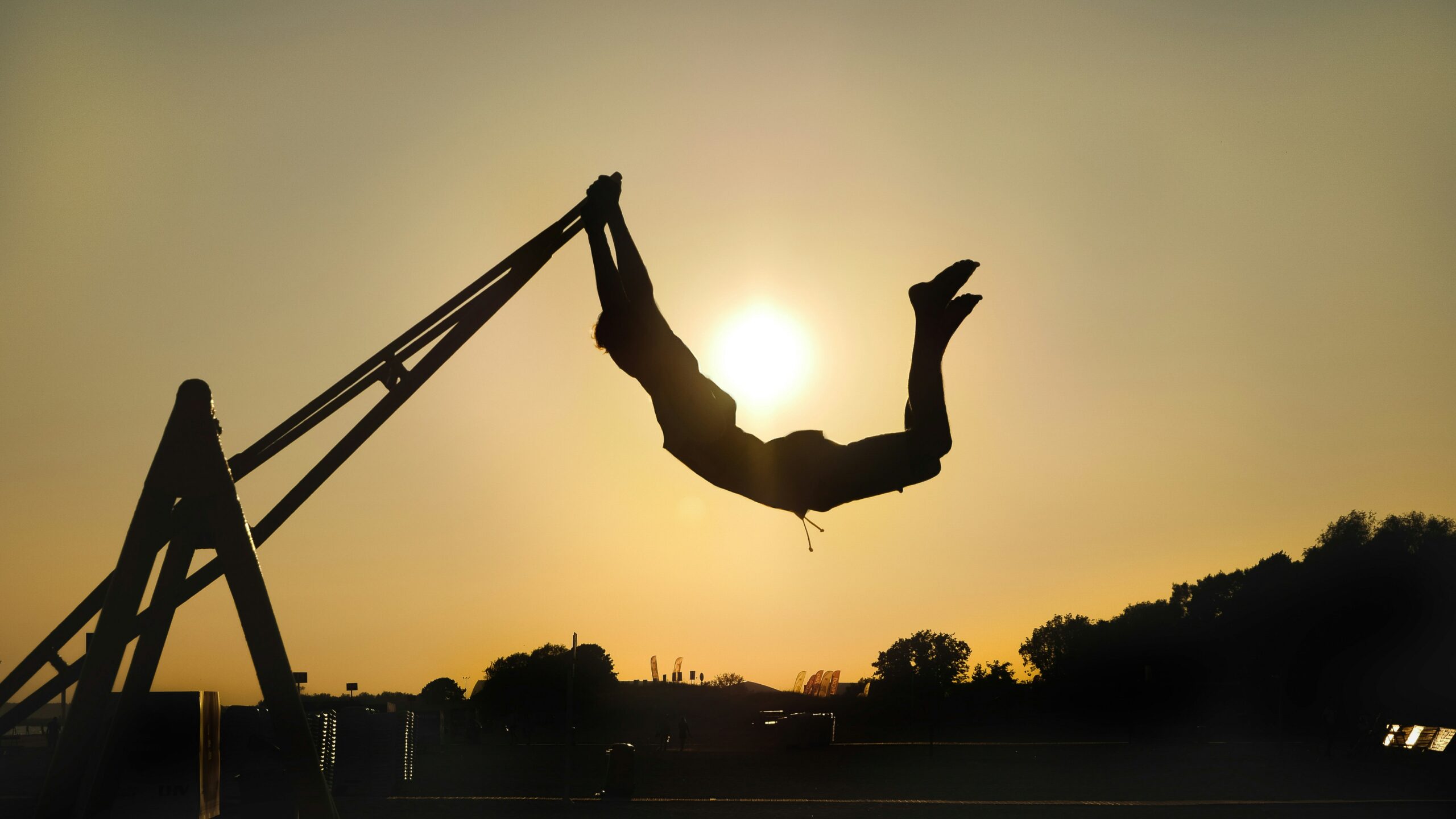
In the fast-paced world of professional success, physical grit often becomes an overlooked yet essential component for achieving greatness. While mental resilience is frequently emphasized, it is necessary to acknowledge the significant role that physical endurance plays in sustaining high performance in demanding careers. Physical grit is more than just about strength or stamina; it encompasses the ability to endure through physical challenges, push past limits, and maintain focus despite fatigue. This article examines the role of physical grit in achieving professional greatness, highlighting its benefits across various fields of work.
The Connection Between Physical Grit and Mental Toughness
Physical endurance and mental strength are closely intertwined, with one often reinforcing the other. In challenging situations, the body’s ability to sustain physical stress translates into an individual’s capacity to deal with mental strain. By engaging in rigorous physical activities, individuals build mental resilience that is transferable to their work environments. For example, athletes and professionals who regularly engage in physical training often report higher levels of focus and determination in their careers.
Physical activities such as weightlifting, running, or high-intensity interval training teach individuals how to manage pain and discomfort. These experiences allow them to remain composed and effective in high-pressure situations. The ability to endure physical hardship fosters an internal belief that one can overcome professional hurdles, making individuals more adaptable when facing challenges at work.
Boosting Energy and Reducing Burnout
A consistent physical fitness routine is a powerful tool in maintaining energy levels throughout the day. Physical grit encourages individuals to engage in regular exercise, which has been shown to release endorphins and boost overall energy. This, in turn, translates into increased productivity and an enhanced ability to meet deadlines, manage multiple projects, and handle the demands of the workplace.
The demands of modern work environments can often lead to burnout, particularly in high-stakes industries where employees are expected to consistently perform at their best. Physical endurance helps combat burnout by allowing individuals to take necessary breaks, recharge, and return to work with renewed focus. Additionally, regular physical activity has been shown to improve sleep patterns, which play a crucial role in maintaining mental clarity and emotional balance during periods of stress at work.
Resilience Through Physical Challenges
Physical grit is a key factor in building resilience, an essential trait for achieving professional success. Workplaces often require individuals to bounce back from setbacks, face rejection, or recover from difficult situations. Regularly pushing the body to overcome physical challenges strengthens the willpower to persevere through professional hardships.
The resilience gained through physical challenges is transferable to overcoming challenges in the workplace. Professionals who engage in physically demanding activities are often better equipped to handle the ups and downs of their careers. The ability to recover after a physical setback enhances the capacity to bounce back after facing professional disappointments, enabling individuals to maintain long-term success.
Improved Time Management and Discipline
Engaging in physical activities requires discipline and practical time management skills, which are directly applicable to professional settings. Individuals who prioritize exercise and physical training must carefully balance their time, setting aside time for workouts amid their work and personal responsibilities. This discipline enhances an individual’s ability to organize and manage their time effectively in their careers.
Physical grit fosters an understanding of how to allocate energy and resources efficiently. Professionals who value physical fitness understand the importance of scheduling and sticking to a routine. Whether it’s planning for meetings, tasks, or self-care, the skills developed through physical training can improve how individuals manage their professional responsibilities and commitments.
The Role of Physical Health in Long-Term Success
Sustaining professional greatness requires a long-term commitment to both mental and physical health. A strong foundation of physical fitness supports long-term career growth by reducing the risk of chronic illnesses, increasing life expectancy, and improving overall quality of life. Healthy professionals are more likely to maintain high levels of energy, enthusiasm, and focus throughout their careers.
Investing in physical grit enables individuals to meet the physical and mental demands of their careers. Professionals who prioritize their physical health are also more likely to make informed decisions, exhibit leadership qualities, and maintain a positive attitude in the workplace. These benefits contribute to long-term career satisfaction and success.
The Competitive Advantage of Physical Grit
In competitive industries, professionals who consistently prioritize their physical fitness often gain a competitive edge over their peers. The mental clarity and energy that come from a physically fit body can provide a distinct advantage, especially in high-pressure environments where performance is key.
Moreover, individuals who maintain physical endurance are better able to handle long hours and high-intensity work periods. Whether it’s working late into the night or traveling for business, physical grit enables professionals to remain at the top of their game, even under the most demanding conditions.